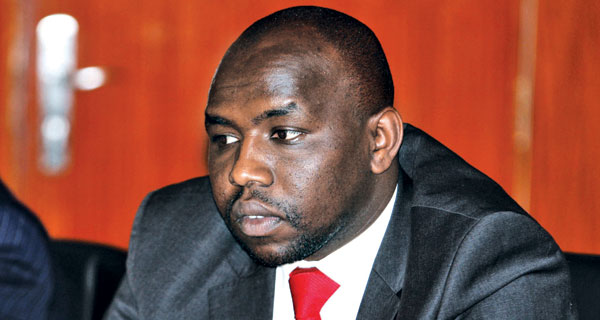×
The Standard e-Paper
Join Thousands Daily
 |
| Government Kipchumba Murkomen PHOTO: COURTESY |
By Faith Ronoh
Elgeyo Marakwet Senator and chairman of the Senate Committee on devolved Government Kipchumba Murkomen has been vocal on devolution matters. The recent move by senators to amend the Public Finance Management Act appears to have been pegged on a number of issues.